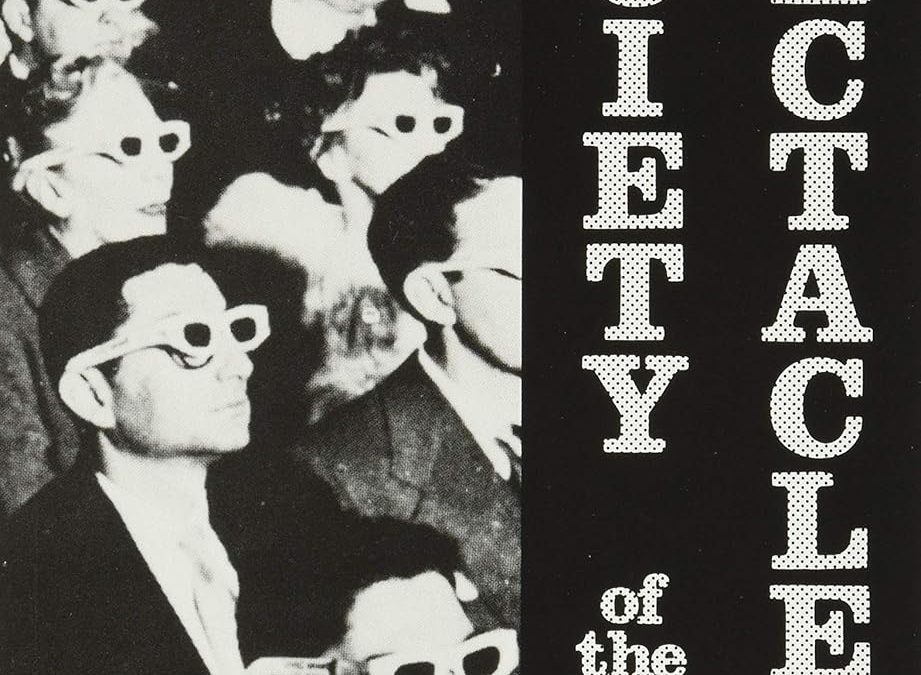Guy Debord’s The Society of the Spectacle (1967) is a dense but fascinating exploration of how modern society prioritizes images and appearances over authentic experience. While often associated with political critique, the book also offers deep philosophical insights into the way we perceive reality, interact with media, and construct meaning in an increasingly mediated world.
The Core Idea: Life Mediated by Images
Debord’s key argument is that direct experience has been replaced by representations—what he calls the “spectacle.” This isn’t just about television or advertising (though they play a part) but a broader shift in how we engage with the world:
- Social media turns personal moments into curated performances.
- News and entertainment blur, making real events feel like distant stories.
- Consumer culture sells us lifestyles rather than tangible fulfillment.
The spectacle, in Debord’s view, is a world where we observe rather than participate, where images dictate desire, and where genuine connection is replaced by passive consumption.
Philosophical Themes
Detachment from Experience – When everything becomes a spectacle, we risk losing touch with unmediated emotions, relationships, and creativity.
Authenticity vs. Illusion – Debord questions what is “real” in a society where experiences are filtered through screens, brands, and staged narratives.
Time and Memory – He argues that modern life fractures time into disconnected moments (work hours, weekend leisure, scrolling feeds), making it harder to live meaningfully.
Why It Still Matters Today
- Digital Age Paradox – The more we document life, the less we might truly experience it.
- The Rise of Personal Branding – Social media encourages us to package our identities for consumption.
- The Illusion of Choice – Endless options in entertainment, shopping, and media can create a false sense of freedom.
A Thought-Provoking Read
Debord doesn’t offer solutions, but his observations prompt deep reflection. Are we living or just watching? Are our desires truly ours, or shaped by the images around us?
Final Thoughts: The Society of the Spectacle is less a call to action than a mirror—one that reveals how modern life can become a performance. For anyone curious about media, culture, or the nature of reality, it remains a fascinating, if challenging, exploration.
